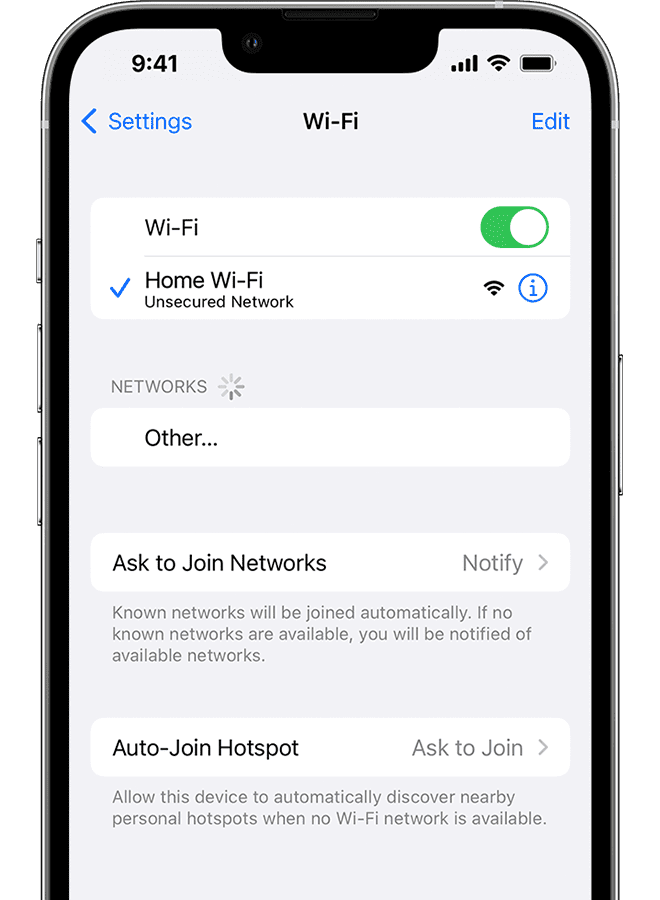The Rise of Manifest V3 - A New Era for Browser Extensions?

The landscape of browser extensions, those handy tools that enhance our online experience, is undergoing a significant transformation. Google Chrome, the world's most popular web browser, has been steadily rolling out Manifest V3, a new set of rules and APIs designed to shape the future of extensions. This shift has ignited both excitement and concern among developers and users alike, prompting discussions about its potential impact on functionality, security, and the overall browser ecosystem.
The Motivation Behind Manifest V3: A Push for Security and Privacy
One of the primary driving forces behind Manifest V3 is the growing concern over malicious extensions. While extensions offer incredible utility, they also have the potential to access sensitive user data and inject unwanted code into websites. Manifest V3 aims to address these vulnerabilities by introducing several key changes, with a particular emphasis on:
- Enhanced Security: Manifest V3 introduces a more granular permissions system, giving users greater control over the data extensions can access. Extensions are now required to declare the specific websites they interact with, limiting their reach and potential for abuse.
- Improved Privacy: The new manifest version cracks down on the use of powerful but potentially privacy-intrusive APIs. This includes limiting access to the
webRequestAPI, which allows extensions to intercept and modify network requests. While this move is lauded for its privacy implications, it has also raised concerns about the functionality of ad blockers and other content-filtering tools. - Performance Optimization: Manifest V3 introduces changes designed to improve browser performance. One notable example is the shift towards declarative content scripts, which are loaded on demand rather than persistently, reducing resource consumption.
Navigating the Transition: Challenges and Opportunities for Developers
The transition to Manifest V3 has presented both challenges and opportunities for extension developers. While the move towards a more secure and privacy-centric browsing environment is widely welcomed, adapting existing extensions to the new APIs and restrictions has proven to be a complex undertaking.
For instance, the limitations placed on the webRequest API have required developers of ad blockers and other content-filtering extensions to adopt alternative approaches, such as the Declarative Net Request API (DNR). While DNR offers improved performance, it comes with its own set of limitations, potentially impacting the effectiveness of certain filtering rules.
Despite these challenges, Manifest V3 also presents opportunities for innovation. The new manifest version encourages developers to explore alternative approaches and APIs, potentially leading to the development of more efficient and user-friendly extensions.
The Impact on Users: A Trade-Off Between Security, Functionality, and Choice?
For everyday users, the impact of Manifest V3 is still unfolding. While the enhanced security and privacy measures are undoubtedly beneficial, the transition has also raised concerns about potential limitations on extension functionality. Some users have reported issues with ad blockers and other content-filtering tools, highlighting the trade-offs between security and the ability to customize the browsing experience.
Moreover, the gradual rollout of Manifest V3 across different browsers has led to fragmentation in the extension ecosystem. Developers now face the challenge of maintaining compatibility across multiple manifest versions, potentially impacting the availability and functionality of extensions across different browsers.
Looking Ahead: The Evolving Landscape of Browser Extensions
The transition to Manifest V3 marks a significant chapter in the evolution of browser extensions. While the initial phases of this transition have been met with mixed reactions, it's essential to recognize that this is an ongoing process. Browser vendors and extension developers are actively working to address challenges, explore new possibilities, and shape the future of extensions in a way that balances security, functionality, and user choice.
As users, it's crucial to stay informed about the changes introduced by Manifest V3 and to engage in constructive dialogue about its impact on our browsing experience. The future of browser extensions depends on collaboration and feedback from all stakeholders, ensuring a vibrant and secure ecosystem for years to come.

















Comments ()